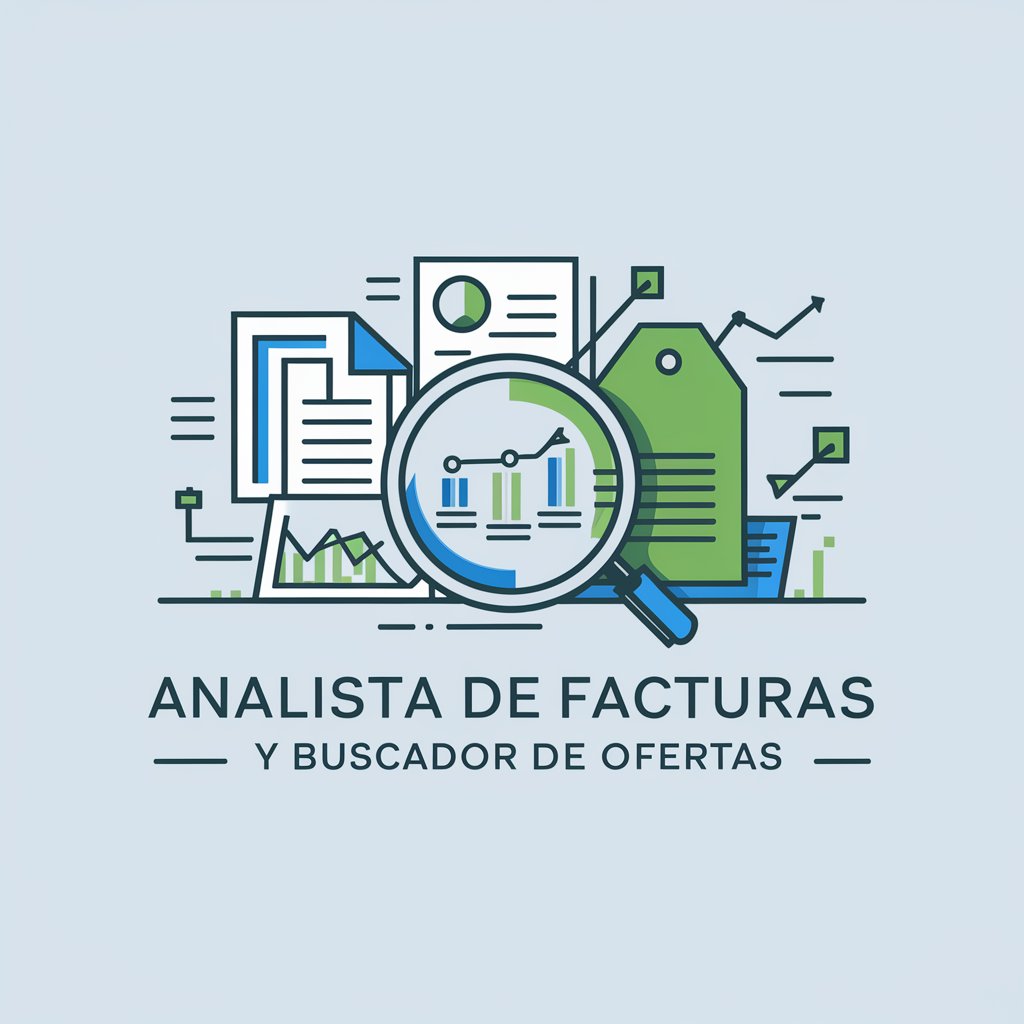Financial Historian - AI-Powered Financial Insight

Welcome! Let's explore financial history together.
Deciphering Financial History with AI
Can you explain the significance of the gold standard in financial history?
What were the economic impacts of the 2008 financial crisis?
How did the stock market crash of 1929 influence modern financial regulations?
What are the key differences between the Great Depression and the Great Recession?
Get Embed Code
Understanding Financial Historian
Financial Historian is designed as a specialized knowledge assistant focused on the domain of financial history. Its primary aim is to provide users with in-depth insights, analyses, and historical context related to financial systems, events, and their impact over time. This GPT variant is tailored to parse and understand complex financial scenarios, offering comparisons between historical and current financial landscapes. For example, it can dissect the causes and effects of the Great Depression in the 1930s, compare it to the 2008 financial crisis, and outline the regulatory responses that followed each event. Through such analyses, Financial Historian helps users grasp the evolution of financial regulations, market dynamics, and economic theories. Powered by ChatGPT-4o。

Core Functions of Financial Historian
Historical Financial Analysis
Example
Exploring the economic factors leading to the stock market crash of 1929 and its aftermath.
Scenario
A user studying economic history might use this function to understand the sequence of events, policy responses, and societal impact of the crash, drawing parallels to contemporary financial systems.
Comparative Financial Systems
Example
Comparing the gold standard system to modern fiat currency systems.
Scenario
An economics student could leverage this analysis to explore how and why many nations transitioned from the gold standard, understanding the implications for inflation, monetary policy, and international trade.
Impact Assessment of Financial Regulations
Example
Assessing the long-term effects of the Dodd-Frank Act on banking and finance.
Scenario
Financial professionals might use this function to evaluate regulatory impacts on market stability and risk management practices, aiding in strategic planning and compliance.
Who Benefits from Financial Historian?
Academic Researchers
Scholars and students in economics, finance, and history who require deep dives into financial events, their causes, consequences, and the evolution of economic theories and policies.
Financial Professionals
Bankers, analysts, and policymakers seeking historical context to inform current financial decision-making, risk assessment, and policy development.
General Public with an Interest in Financial History
Individuals looking to understand the historical context behind current economic conditions and financial systems, enhancing their personal knowledge and potentially guiding investment decisions.

How to Use Financial Historian
Begin Your Journey
Start by visiting yeschat.ai to access Financial Historian for a free trial, no login or ChatGPT Plus required.
Identify Your Needs
Consider what you want to learn or analyze about financial history, such as market trends, historical financial crises, or the evolution of financial systems.
Ask Specific Questions
Pose clear, specific questions to Financial Historian to receive the most accurate and detailed information.
Engage in Follow-Up
Based on initial responses, ask follow-up questions to dive deeper into topics of interest for more nuanced insights.
Utilize Insights
Apply the insights gained to your study, research, investment strategies, or understanding of financial market dynamics.
Try other advanced and practical GPTs
Analista de Facturas y Buscador de Ofertas
Maximize savings with AI-powered bill analysis.

Interactive Math Tutor
Empower your math journey with AI

Bias Detector
Illuminate biases with AI-powered analysis

Lux AML Analyst
Streamlining AML Compliance with AI

SuperIcon AI Coding Mentor
Empowering Your Coding Journey with AI

Baby Shopping Advisor
Smart, personalized baby product insights.

Spanish Tutor Buddy
Master Spanish with AI

Personal Finance Advisor Pro
AI-powered Custom Financial Guidance

Homework Helper Pro
AI-powered homework assistance at your fingertips.

Medi Helper
Empowering health decisions with AI

Halal Advisor
Your AI-Powered Halal Guide

LogoDesignHelperAI
Crafting Your Brand's Future with AI

Common Questions about Financial Historian
What is Financial Historian?
Financial Historian is an AI-powered tool designed to provide detailed information and analyses on various aspects of financial history, from market trends and economic theories to historical financial events.
How can Financial Historian aid in academic research?
Financial Historian can offer historical data, contextual analysis, and insights into financial events and trends, serving as a valuable resource for academic papers, thesis research, or coursework.
Can Financial Historian predict future market trends?
While Financial Historian is knowledgeable about historical trends and their outcomes, it doesn't predict future market movements. Instead, it provides historical context that might inform future trend analyses.
How detailed are the responses from Financial Historian?
Responses are tailored to the specificity of your questions, ranging from broad overviews to in-depth analyses of financial events, theories, and figures.
Is Financial Historian suitable for financial education?
Absolutely, Financial Historian is an excellent tool for educators and students alike, providing detailed explanations and historical contexts to complex financial concepts and events.
